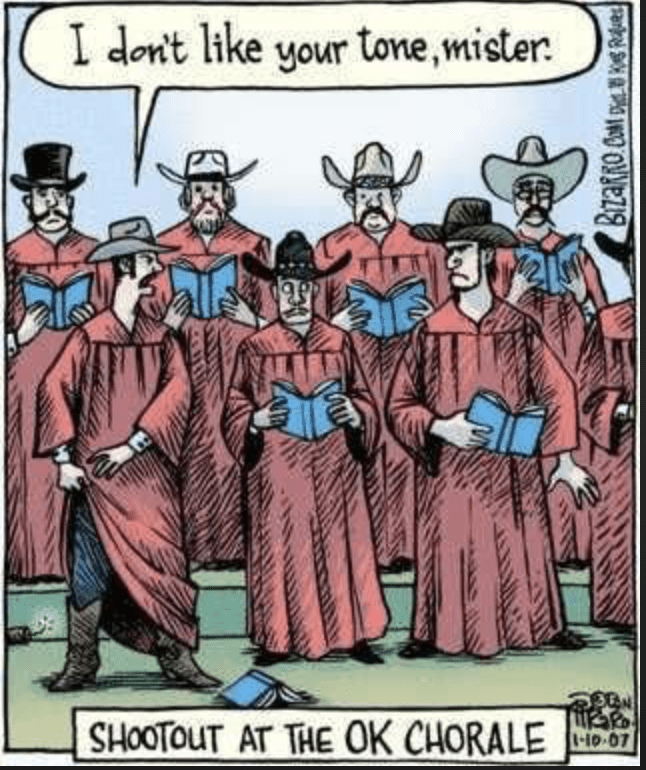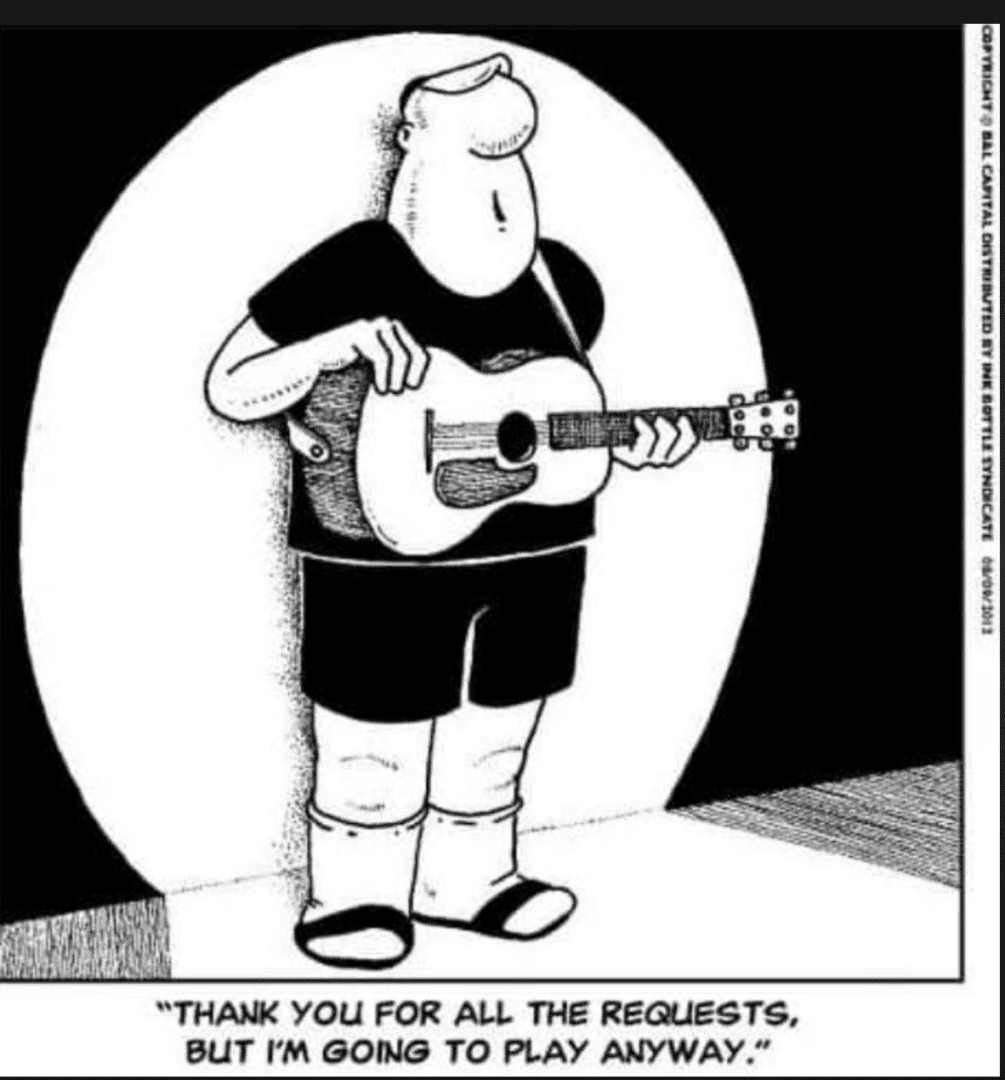Explore the Michelle Ostrove Blog
Yes, it is possible to sing two or more notes at the same time. Just like playing a chord on the piano! I never thought it was possible until I came across Tuva Throat Singing. It is also called Khoomei. THE HISTORY Throat singing is an indigenous oral tradition that has been taught from one generation to the next. There is no record of how it began. Also called katajjaq, it is a traditional musical performance. The ancient Inuit women…
Read MoreIf you can find the feeling in a song, you can find your way. Be creative and find your own melody and create your own song. Whether it’s playing piano or singing, you can be creative. Do you hear a riff or a melody in your head? Stop and record it on a recorder before you lose the idea. FREESYLING OR IMPROVISING Freestyling or Improvising plays a big role in singing and writing a song. If you hear a melody…
Read MoreI have been asked so many times “what does it mean to have diaphragm and breath support? We all know what is sounds like to have a strong or weak voice. To be an excellent and powerful singer you must have diaphragm and breath support. To have strong diaphragm and breath support means you are working against the natural urge of the diaphragm. The diaphragm wants to release the air that has been inhaled. The struggle between the abdominal muscles…
Read MoreHave you experienced a sudden break (crack) or change (shift) in your voice when you are singing? This happens to every singer at one time or another. Let’s look at one of the reasons for the sudden change. When that crack happens, it is because the vocal cords separated instead of being side to side touching. When you are singing in lower tones, in your chest voice, the vocals cords are short and thick. As your voice moves to higher…
Read MoreWhat holds everyone back from reaching their full potential…FEAR! Being nervous is a natural feeling that everyone experiences. What is the difference between those who reach their full potential as a singer, pianist or musician and those that do not? Those who push through the fear and those that do not. It’s all based on fear, fear of the unknown, fear you might make a mistake, fear you might fail, fear of making a fool out of yourself! Singing or…
Read MoreA nasal tone produces a sound that is thinner and less clear in tone. Some country and pop singers have a very nasal sounding voice. You can determine the big difference between a nasal voice and a non-nasal voice by plugging your nose while singing. Nasality is used in some genres of music. Brittney Spears has made a career with a nasal sounding tone. Everyone has a slightly different quality to their voice. People that speak with a nasal voice…
Read MoreThe first step to create a beautiful and professional sound is how you enunciate & pronounce your words. You can immediately make your voice sound better by enunciating your words the right way. A good singer should aim to achieve good enunciation, pronunciation and inflections to create a professional sound in the voice. The right inflections (rise and fall of pitch), enunciation (how clearly & distinctly you sound out the words being sung) and pronunciation (which syllables are emphasized and…
Read MoreThere are different styles of singing, but good basic technique is the same regardless of the style. There are distinct differences in the way you sing pop, opera, country, rock and jazz. The foundational techniques are the same for all types of music. For instance, posture, tongue placement, diaphragm & breath support, smoothly transitioning from one vocal register to another are the same for all genres of music. All singers need to building a good, solid vocal foundation first and…
Read MoreThere is a difference between rhythm and the beat in music, it can be confusing. Now, it really doesn’t matter if you play an instrument or not. We are going to simply explain the difference between the two, rhythm vs. beat. A professional singer or pianist must have good rhythm. The beat is a steady pulse that you can feel in the song; it is an element of rhythm. It would be the beat you want to tap your foot…
Read MoreGood posture can be defined as the proper stance for singers and properly seated position for a pianist. This is something you are usually taught in your first piano or voice lessons. Good posture is actually very important in our daily lives. Try this, stand or sit slouched, then sit or stand up straight, head held high, shoulders back…now how much better do you feel in seconds! Good posture protects you from the damages of chronic inflammation according to Harvard…
Read More








